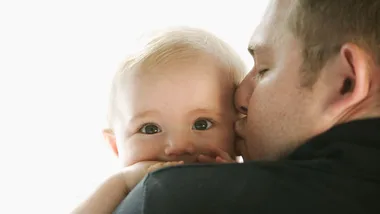Seeding is the latest birth trend for pregnant women who are having a caesarean birth as opposed to a vaginal delivery.
The process involves seeding a newborn baby’s microbiome and it is rising in popularity. Parents are introducing seeding to their birth plans because want to give their babies born via c-section the same health benefits that they would receive if they were born vaginally.
What does seeding a newborn’s microbiome involve?
The process involves taking vaginal fluid from a mother after her c-section. The fluid is then wiped over her newborn’s mouth, head and body, as would have occurred as the baby travelled down the birth canal during a vaginal birth.
The mother can do this herself, or she may elect for her birth partner or another member of her birth team to transfer the fluid.
Why is the seeding important?
According to a recently published article in The Guardian, a newborn baby’s microbiome should contain the same bacteria as their mother’s vagina, but this is not the case with c-section births. Babies born via a caesarean are more likely to have bacteria that is found on the skin. “And not just mum’s skin, but that of doctors, nurses, other patients in the hospital, the person who cleaned the operating room floor.”
Introducing the process of seeding to c-section babies exposes them to different healthy bacterias and helps to boost their immunity for preventing serious diseases in the future.
Should I add seeding to my birth plan?
There’s still mixed thoughts on the necessity of seeding, despite it rising in popularity.
An article published by Science Daily acknowledges that while further research is required the type of bacteria in a newborn’s microbiome is important for their future health, “While the full implications of these distinctions are still murky, evidence suggests they may affect an infant’s subsequent development and health,particularly in terms of susceptibility to pathogens.”
While self-proclaimed microbiome warrior, Toni Harmer, wrote in the Huffington Post that a mother’s healthy bacteria can be transferred to her newborn after a caesarean in other ways including “immediate skin-to-skin contact and breastfeeding.”

